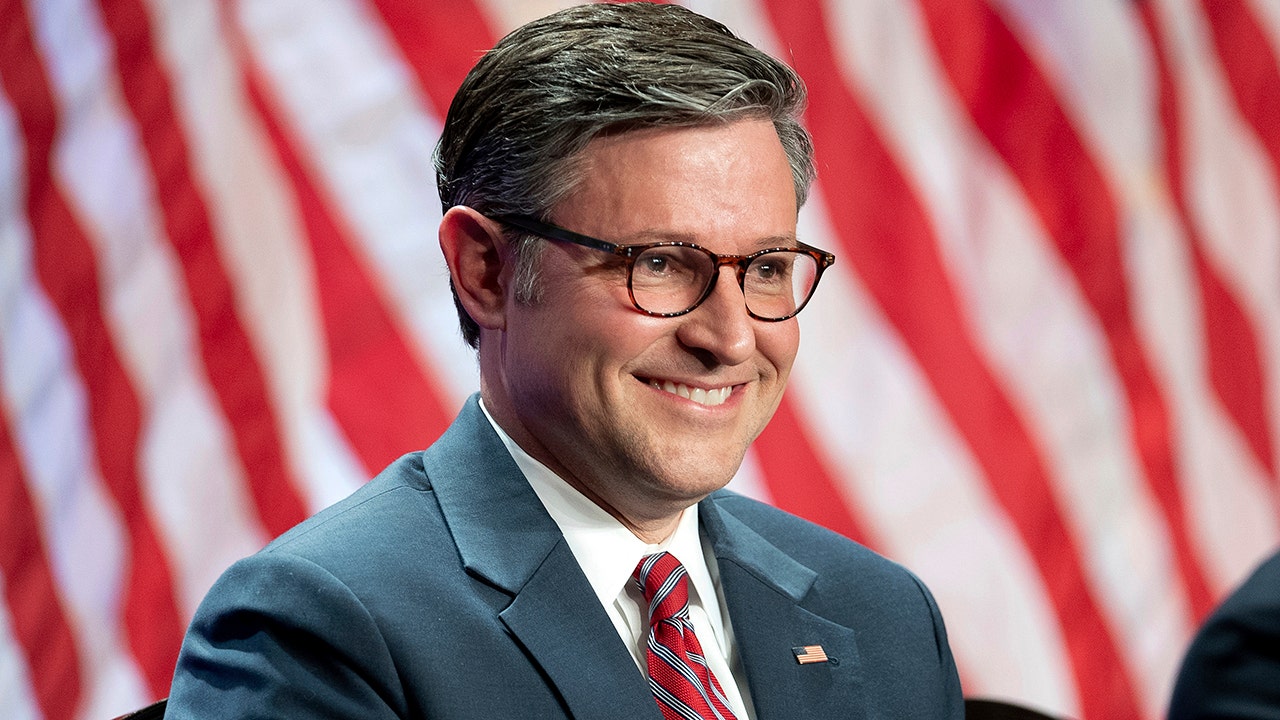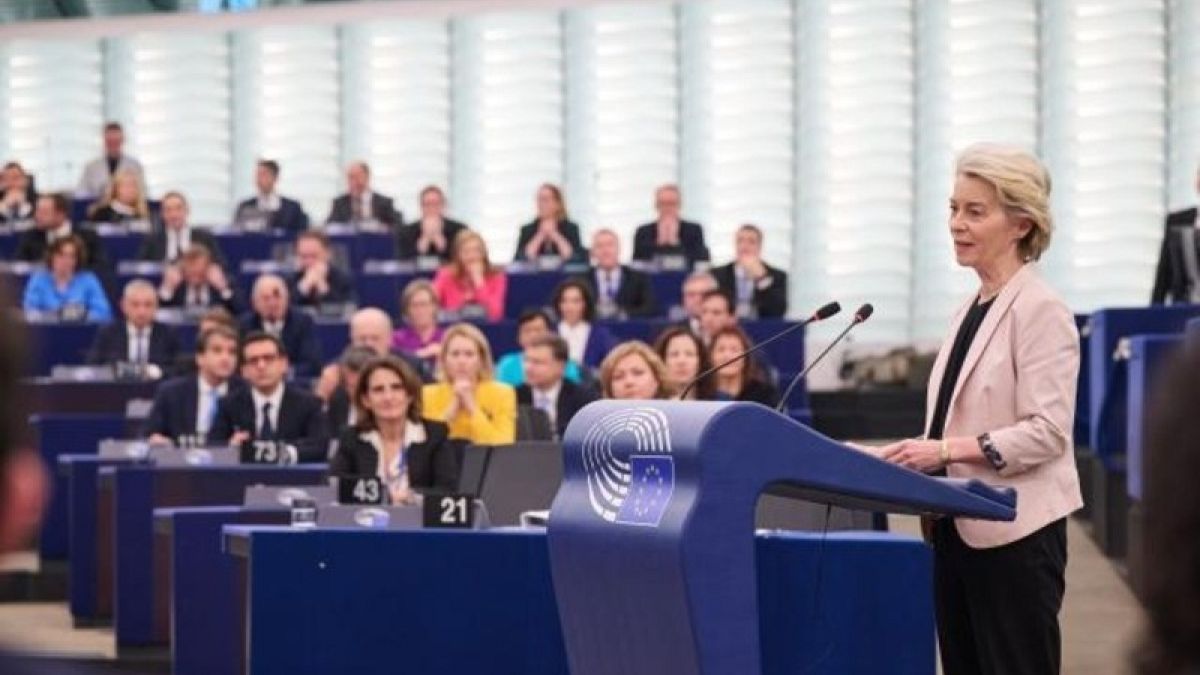Mississippi
How will PFAS regulations affect Mississippi’s water providers, ratepayers?

As public pressure mounts to reduce the threat of PFAS in drinking water, local utilities around the country are unsure how soon they can comply with pending regulations from the federal government.
The Environmental Protection Agency, which legally enforces water quality standards in the United States, recently proposed its first limit on PFAS, sometimes referred to in the news as “forever chemicals.” The EPA expects to finalize a rule around the end of 2023, giving local water systems three years from then to come into compliance.
But those in the water utility world fear the agency’s proposal is asking for too much, too soon, especially from smaller, rural systems. Chris Moody, regulatory technical manager with the American Water Works Association, said the proposal could mean rate increases that disproportionately affect customers of those utilities.
“If you’re in a really metropolitan area, your utility bill(s) might go up $60 to $100 (over) the course of a year, which doesn’t seem as daunting,” said Moody, whose association represents the interests of over 4,300 utilities nationwide. “Whereas if you are in a smaller utility or in a smaller community, that’s maybe a rural community in Mississippi or Florida or wherever that’s a town of a couple thousand people, you’re talking about thousands of dollars a year (in bill increases).”
In Mississippi, about 70% of the water and sewer systems in the state are rural utilities that serve a population of 3,300 or less, according to the Mississippi Rural Water Association.
How utilities will handle new PFAS rules largely depends on what funding the state and federal governments make available. Jason Barrett, a Mississippi State University professor who specializes in water utilities, said the new regulations might force smaller systems to consolidate if there’s not enough financial support.
“That may just be the straw that breaks the camel’s back, and they go, ‘Alright…we just need to merge with the adjacent system,’” Barrett said.
In March, the EPA proposed the first federal limit on PFAS in residents’ tap water, which includes a cap of 4 ppt, or parts per trillion, on PFOA and PFOS, two of the more common types of PFAS, as well as limits on four other variants.
As of now, only a dozen states, not including Mississippi, either enforce PFAS limits in drinking water or have proposals to do so, according to Safe States. But over 30 states have some kind of policy aimed at reducing PFAS, such as in manufacturing. Mississippi, again, is not one of them. The state, though, is one of the many suing the manufacturers of PFAS, such as 3M and DuPont, for contaminating natural resources.
Utilities will get some relief from lawsuits against those companies to help filter out PFAS. In June, 3M reached a proposed $10.3 billion settlement over PFAS contamination, just after DuPont, Chemours and Corteva settled their own lawsuit for $1.19 billion. Those funds will go towards cleaning local water supplies.
It’s too early to tell who’s getting what. Exact details of the settlements haven’t been finalized, and utilities are still submitting claims for the money.
The EPA also recently announced $2 billion in funds, including nearly $21 million for Mississippi, for small and disadvantaged communities nationwide to help reduce “emerging contaminants,” such as PFAS.
But some estimates suggest that funding might not be nearly enough. Engineering firm Black & Veatch, on behalf of the American Water Works Association, estimated the cost for utilities around the country to comply with the EPA’s proposal is around $50 billion.
It’s unclear how widespread PFAS are in Mississippi’s drinking water, largely due to the fact the state doesn’t require testing. A Consumer Reports study of 149 connections and well water samples from around the state found some level of the contaminants in almost every sample, although only one of them – taken from Corinth – exceeded the limits the EPA proposed.
One Ridgeland-based attorney, though, is working with rural utilities around the state to understand their PFAS levels, and confirmed to Mississippi Today that some of them had levels exceeding the EPA proposal.
“We’ve seen some water providers that are going to have issues with the (proposed PFAS limit),” lawyer John Davidson said, without disclosing specific places or amounts. “Based on our testing, there are some that are going to have to do something, they’re going to have to figure out mitigation protocol for their water supply.”
Moody with the American Water Works Association said if the EPA were to increase the limit to 10 ppt from 4, it would allow smaller utilities to better meet the EPA’s three-year timeline for incorporating the rule. The EPA based its proposed standard on identified cancer risks, water treatment costs and feasibility.
“The compliance window of three years is just not going to happen. Even if (the utilities) are sprinting, it’ll probably take them five years,” he said, before adding it could take small, rural systems closer to seven years.
Caroline Ingram, an environmental specialist with Communities Unlimited who works with rural water systems in Mississippi on their finances, said smaller utilities can struggle getting the funding needed to make infrastructure improvements.
“Some of these smaller systems do slip between the cracks,” she said. “I’ve got systems that are 100 people, and they just don’t have the capacity to pursue funding.”
Ingram emphasized, though, that managers of those systems will work with what they have to enforce public health standards.
“There might be a little education that needs to be completed,” she said. “But I know that the operators will be on board because there are so many that care about providing quality water. They’re public health workers.”
This investigation was conducted by Consumer Reports in partnership with Mississippi Spotlight, a collaboration between Mississippi Today, the Clarion Ledger and Mississippi Public Broadcasting.

Mississippi
Thanksgiving on Mississippi Public Broadcasting Think Radio, set to air on Thursday, November 28th

MISSISSIPPI (KTVE/KARD) — For Thanksgiving, on Thursday, November 28, 2024, the Mississippi Public Broadcasting Radio will air a special programming.
Photo courtesy of Mississippi Public Broadcasting
According to officials, “Turkey Confidential” and “Feasting with the Great American Songbook: An Afterglow Thanksgiving Special” will run from 9 a.m. to 1 p.m. Francis Lam will be taking calls and help those in need of Thanksgiving cooking tips for the biggest cooking day of the year.
According to officals, “Feasting with the Great American Songbook: An Afterglow Thanksgiving Special” will explore classic jazz and popular songs about food by singers like Louis Armstrong, Louis Jordan, and Fats Waller, perfect for listening while sitting at the table.
Mississippi
Southeast Mississippi Christmas Parades 2024 | WKRG.com

MISSISSIPPI (WKRG) — It’s beginning to look a lot like Christmas on the Gulf Coast and that means Santa Claus will be heading to town for multiple parades around the area.
WKRG has compiled a list of Christmas parades coming to Southeast Mississippi.
Christmas on the Water — Biloxi
- Dec. 7
- 6 p.m.
- Begins at Biloxi Lighthouse and will go past the Golden Nugget
Lucedale Christmas Parade
Mississippi
‘A Magical Mississippi Christmas’ lights up the Mississippi Aquarium

GULFPORT, Miss. (WLOX) – The Mississippi Aquarium in Gulfport is spreading holiday cheer with a new event, ‘’A Magical Mississippi Christmas.’
The aquarium held a preview Tuesday night.
‘A Magical Mississippi Christmas’ includes a special dolphin presentation, diving elves, and photos with Santa.
The event also includes “A Penguin’s Christmas Wish,” which is a projection map show that follows a penguin through Christmas adventures across Mississippi.
“It’s a really fun event and it’s the first time we really opened up the aquarium at night for the general public, so it’s a chance to come in and see what it’s like in the evening because it’s really spectacular and really beautiful,” said Kurt Allen, Mississippi Aquarium President and CEO.
‘A Magical Mississippi Christmas’ runs from November 29 to December 31.
It will not be open on December 11th, December 24th, and December 25th.
Tickets can be purchased online or at the gate.
The event is made possible by the city of Gulfport and Coca-Cola Bottling Company.
See a spelling or grammar error in this story? Report it to our team HERE.
Copyright 2024 WLOX. All rights reserved.
-

 Science1 week ago
Science1 week agoTrump nominates Dr. Oz to head Medicare and Medicaid and help take on 'illness industrial complex'
-
/cdn.vox-cdn.com/uploads/chorus_asset/file/25739950/247386_Elon_Musk_Open_AI_CVirginia.jpg)
/cdn.vox-cdn.com/uploads/chorus_asset/file/25739950/247386_Elon_Musk_Open_AI_CVirginia.jpg) Technology1 week ago
Technology1 week agoInside Elon Musk’s messy breakup with OpenAI
-

 Health5 days ago
Health5 days agoHoliday gatherings can lead to stress eating: Try these 5 tips to control it
-

 Health3 days ago
Health3 days agoCheekyMD Offers Needle-Free GLP-1s | Woman's World
-

 Science2 days ago
Science2 days agoDespite warnings from bird flu experts, it's business as usual in California dairy country
-

 Politics1 week ago
Politics1 week agoSize of slim Republican House majority hangs on 5 uncalled races
-

 Technology1 day ago
Technology1 day agoLost access? Here’s how to reclaim your Facebook account
-

 World1 week ago
World1 week agoIran told Biden administration it won't try to assassinate President-elect Trump: report















